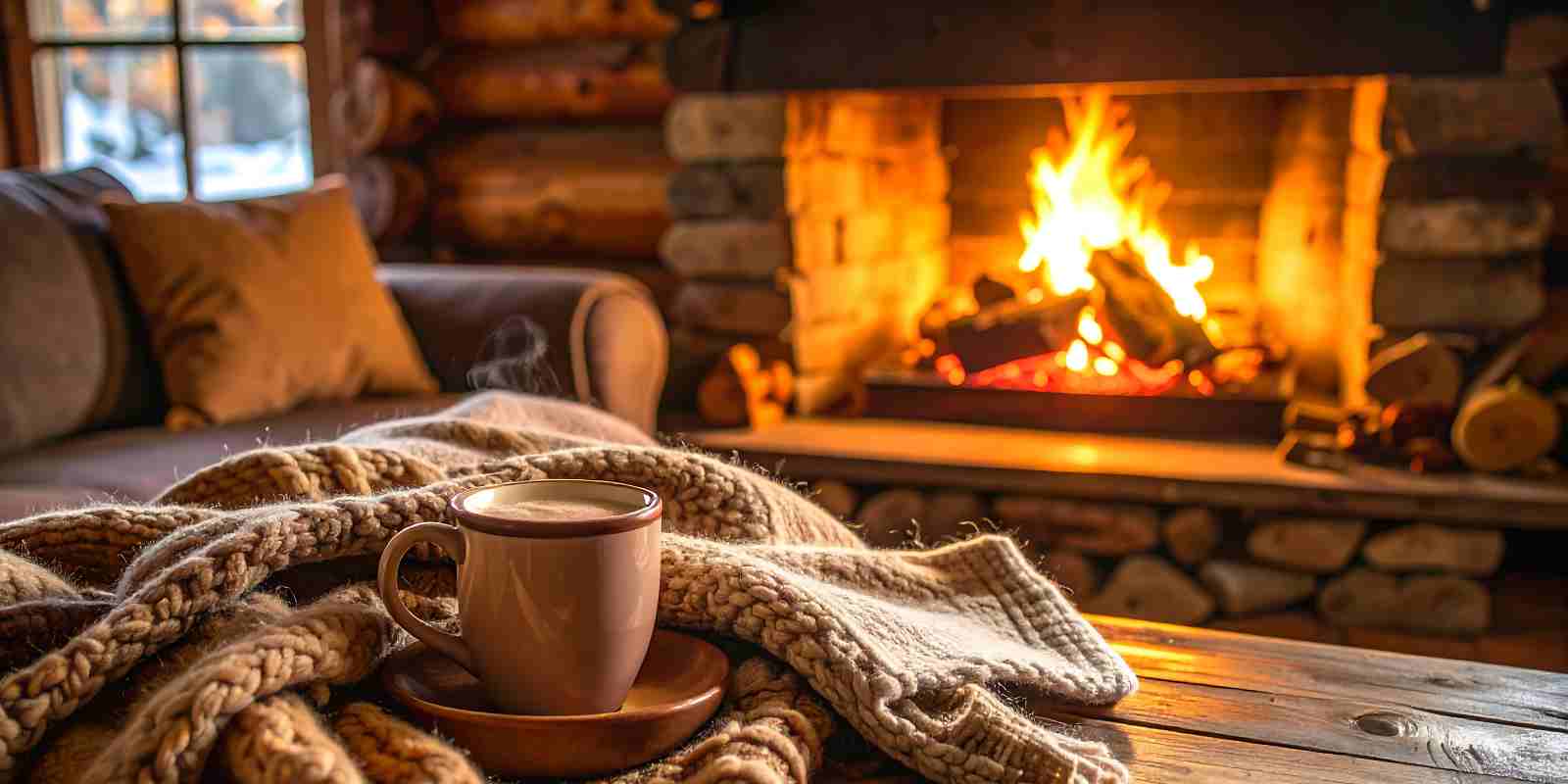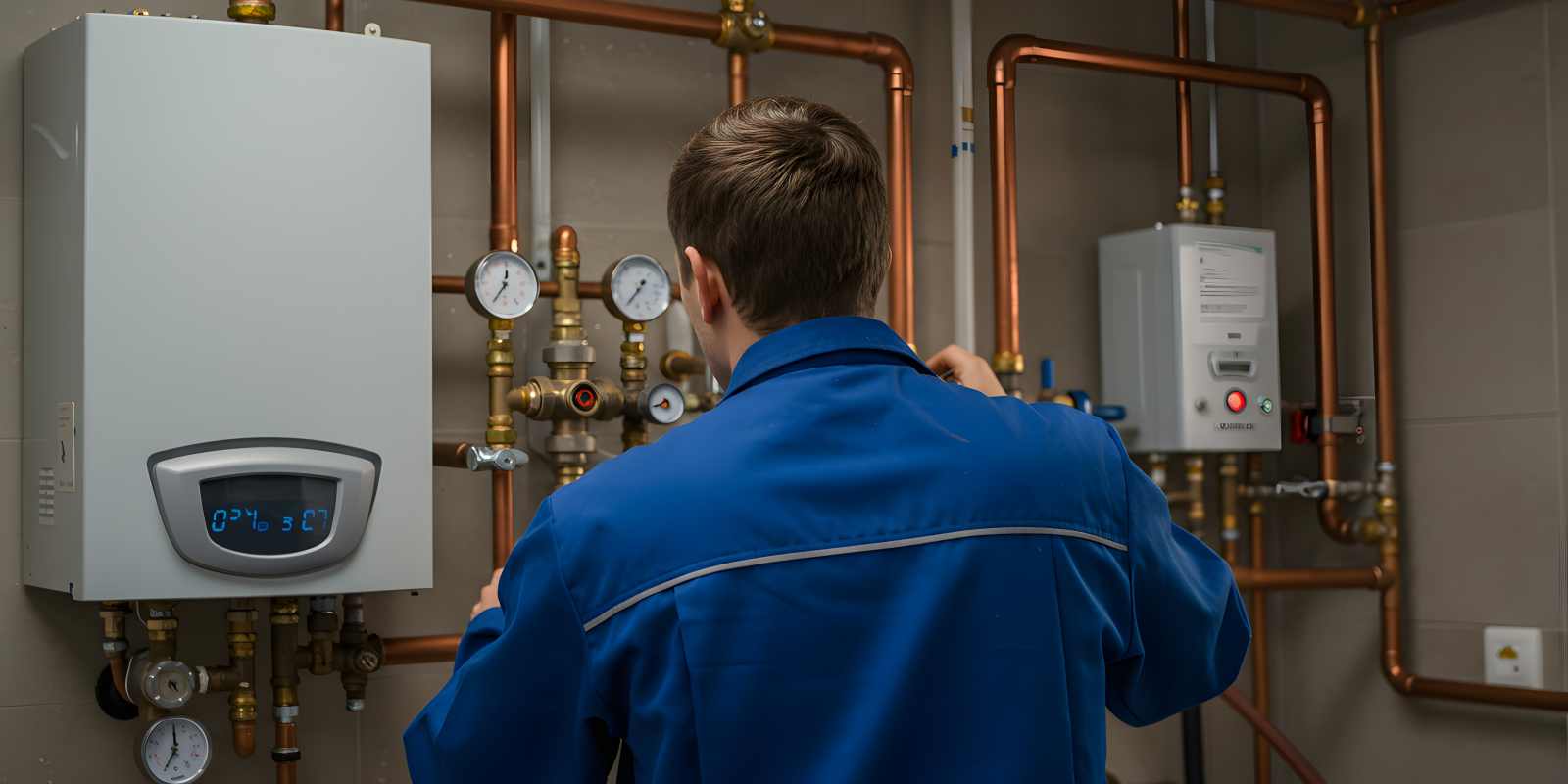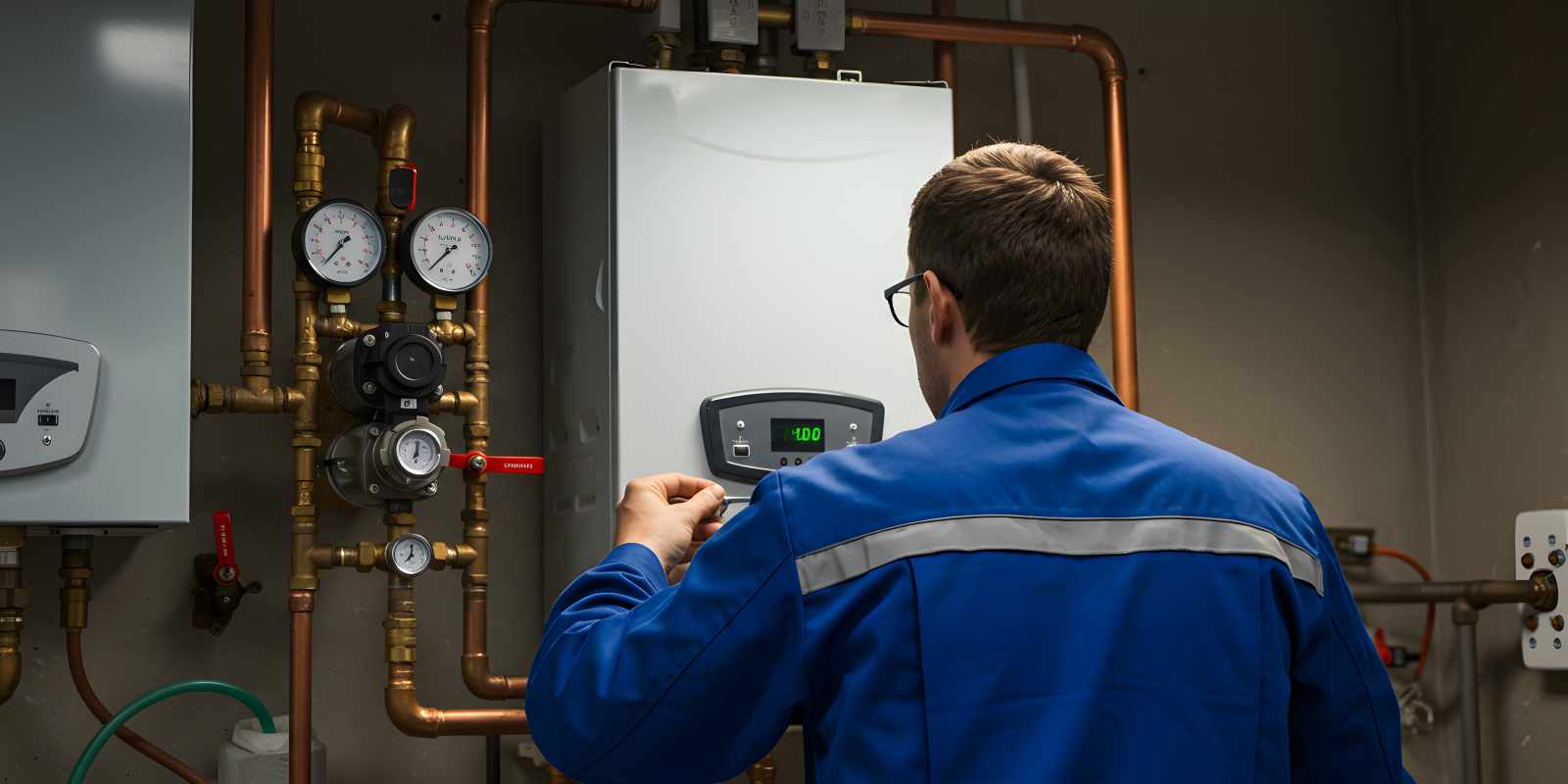While the air outside might be cold and frigid, the air inside your homes during winter could be worse. To keep the cold out and energy costs down, we’ve made homes increasingly airtight. But reducing the amount of warm air escaping to the outdoors and the amount of cold outside air getting in means you are breathing a greater amount of recirculated – not fresh – air.
This recirculated air carries dust, pollen, mold spores, pollutants, and odors. Since no air is escaping the house or coming in, the concentration of contaminants in the air increases.
Here are some sources of poor indoor air quality to be mindful of during winter:
- Combustion sources such as oil, gas, kerosene, coal, wood. Any household appliances, such as wood-burning stoves, fireplaces, water heaters, dryers, and stoves, that use these fuels can increase indoor air pollution. Be sure to regularly maintain these appliances so they don’t release dangerous levels of pollution into the home.
- Pets. Since pets go outside less during the winter, animal dander and other particles from pets with fur or feathers are a major aggravation of allergies and asthma to sensitive individuals.
- Mold and mildew. With windows shut tight all winter long, steam from the bathroom and the kitchen, as well as other kinds of moisture can build up in the home and create mold and mildew.
- Carbon monoxide and nitrogen dioxide. These are the worst, and sometimes deadly, air pollution components given off by the combustion sources discussed above. Since they are colorless and orderless, you may not even notice their presence. Be sure to install a carbon monoxide detector. A malfunctioning HVAC unit, such as a boiler, can lead to emission and build-up of carbon monoxide gas in your house.
- Household cleaning and personal care products. Things like air fresheners and hair spays can release pollutants continuously into your house and cause poor air quality.
Fortunately, air quality can be improved, even in winter. Check out our five tips for improving your indoor air quality this winter.



